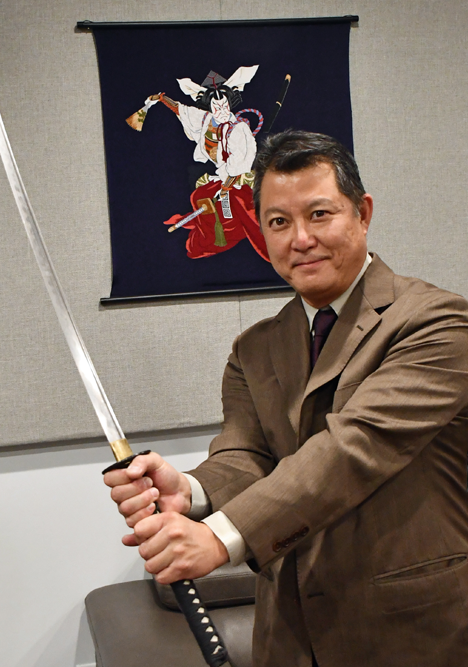- Home
- Garrett T. Ogata
- Client Testimonials
- Case Results
- Practice Areas
- Leave A Review
- Our Blog
- Pay
- Contact Us
Free Consultation:
(702) 366-0891In legal matters, timing is everything. When it comes to your defense don't wait until later. To get started now, contact our firm through one of the methods below and request a free consultation.
